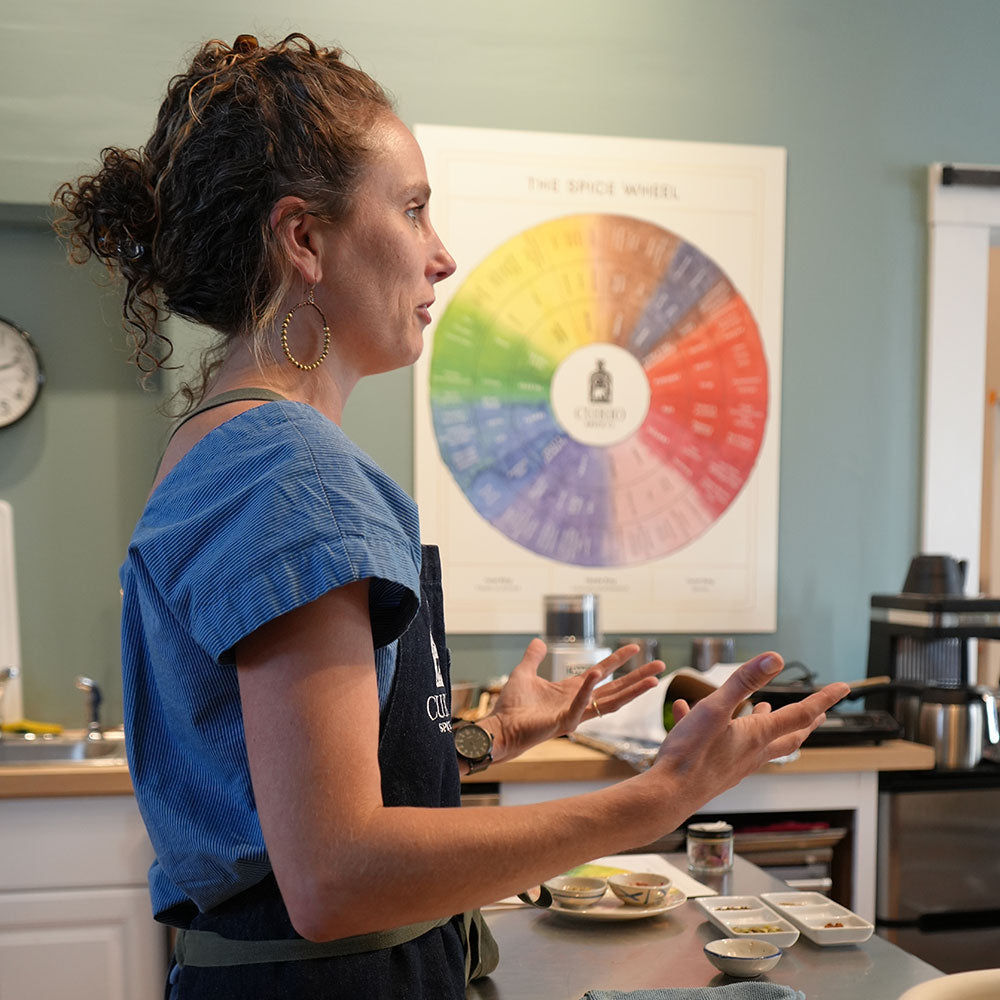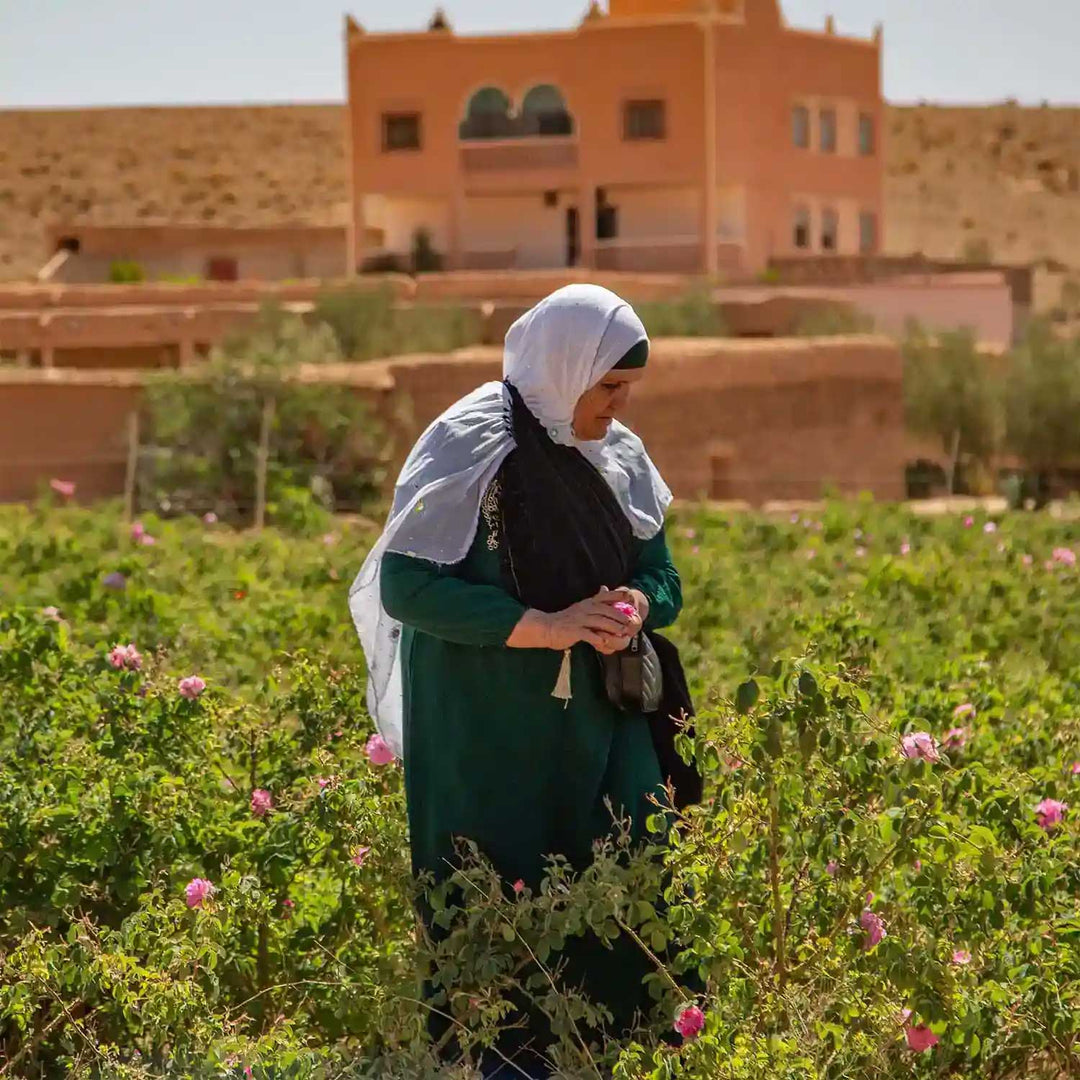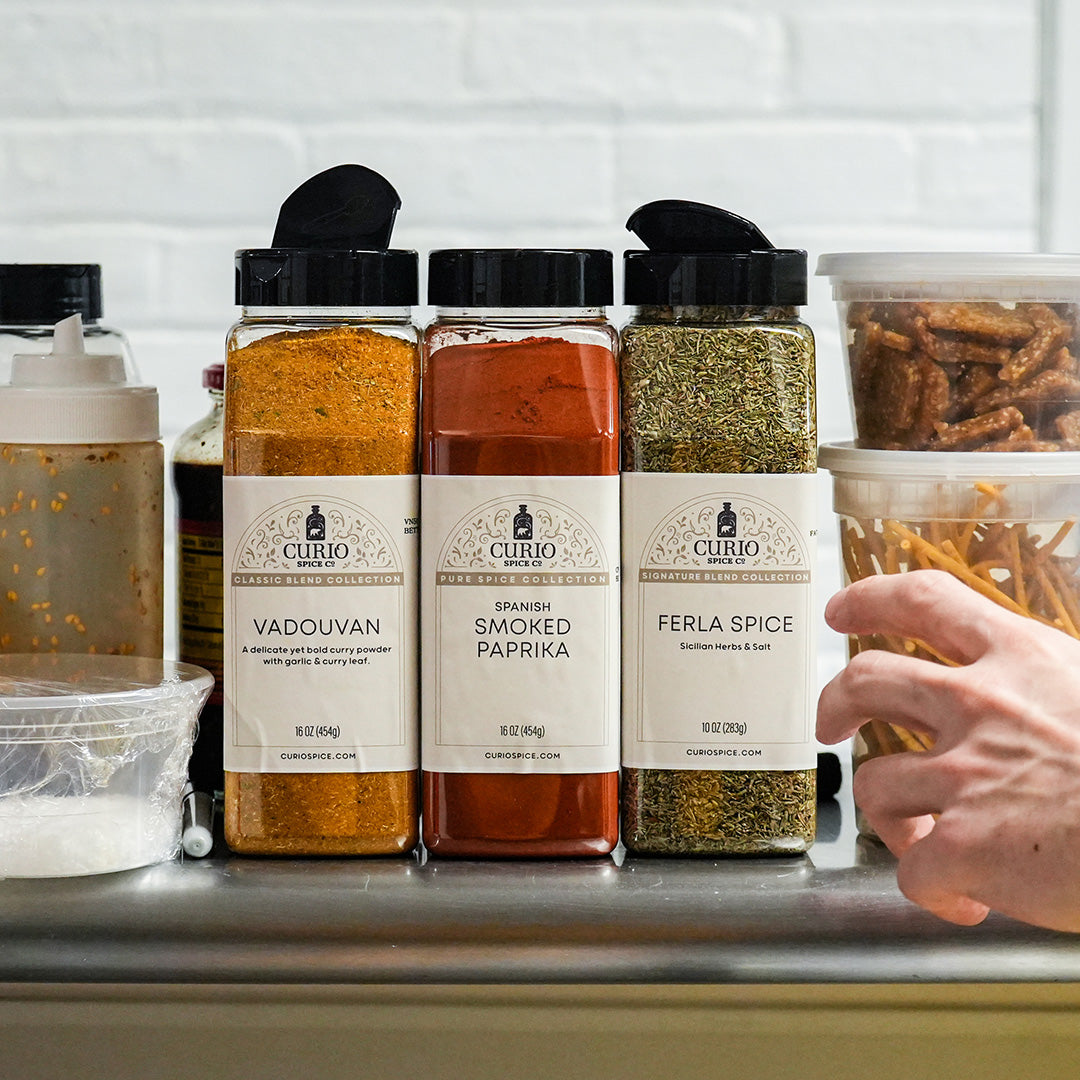2020 Reflections by Amina Butoyi Shabani
After hours of watching New Year TV programming on the Radio-Télévision Nationale du Burundi (RTNB), it was almost time to usher into a new year: 2020. It was the first time since 1991 that I was celebrating New Year in Burundi, yes…twenty-nine years. A few days later, I had to fly out to Rwanda to get a new US visa, hoping that it would not be denied. During those stressful and anxiety-ridden days, I was also plotting how to bring back to Boston lenga lenga seeds (green amaranth) and some of the luscious, beautiful turmeric growing in the backyard . My parents have so much that any visitor is promptly asked: “unahitaji binzari?” (“do you need any turmeric?”) I wanted to sneak in other spices essential for Swahili cuisine such as karafuu (cloves), iliki (cardamom), kothimiri (coriander seeds) and tangawizi, (ginger). How should I pack all of that? I had already purchased a generous stash of Tangawizi tea in Kigali, that customs both in Rwanda and Burundi gave me a long-puzzled look before stamping my passport.

In March 2020, when we suddenly moved to Zoom teaching, I needed comfort. Emotionally exhausted and drained, I rekindled the tradition of having a cup of chai in the afternoon. Suddenly in those quiet moments, as I added water, whole milk, ginger, cardamom, cloves, black tea, childhood memories came back as I indulged in the smell of those comforting spices. I remembered how I used to harvest fresh mchaichai to make a delightful tea with milk, black tea and copious amount of that fresh lemongrass. Soon, I was craving a good pilau, but most importantly harufu ya pilau (the smell of pilau).
My paternal grandmother, bibi, used to own a small store and one section was dedicated to spices including her own blends for pilau and biryani. We left Burundi in 1992 and I never had the opportunity to learn her signature masalas. Yet I remember the urgency my mother felt to teach me, her eldest daughter, those Swahili dishes, to preserve culinary traditions and knowledge. When the civil war broke out, she turned to religion and cooking to find a sense of home.

As I cooked more during the pandemic, memories of our trips to Kenya became more vivid as they were truly centered around buying spices that we could hardly find in Ghana and Sénégal. As I turned to spices during the pandemic, I understood even more why my mother was thrilled to bring back a kibao cha mbuzi (a coconut grater stool) to make tui la nazi (coconut milk) from scratch. Hailing from Rumonge where coconut trees abound along the Lake Tanganyika, coconut milk and oil are embedded in the food, culture, and traditions of her hometown. I soon found myself shipping care packages to my siblings, imagining all of us drinking a cup of chai from our dwellings in Boston, Lagos, Toronto, and Brussels. A cup of chai that reminds me of the bustling streets of Buyenzi, my father’s neighborhood. A cup of chai that envelopes me in the love, care and kindness of his late mother, Bibi, sitting in a dimly lit corner of her store, by the spices section.
This blog post was the winning submission to our 2020 Reflections contest. To participate in future contests, sign up for our newsletter (in the footer at the bottom of the page)
photos by Fatima Jumaine








Leave a comment